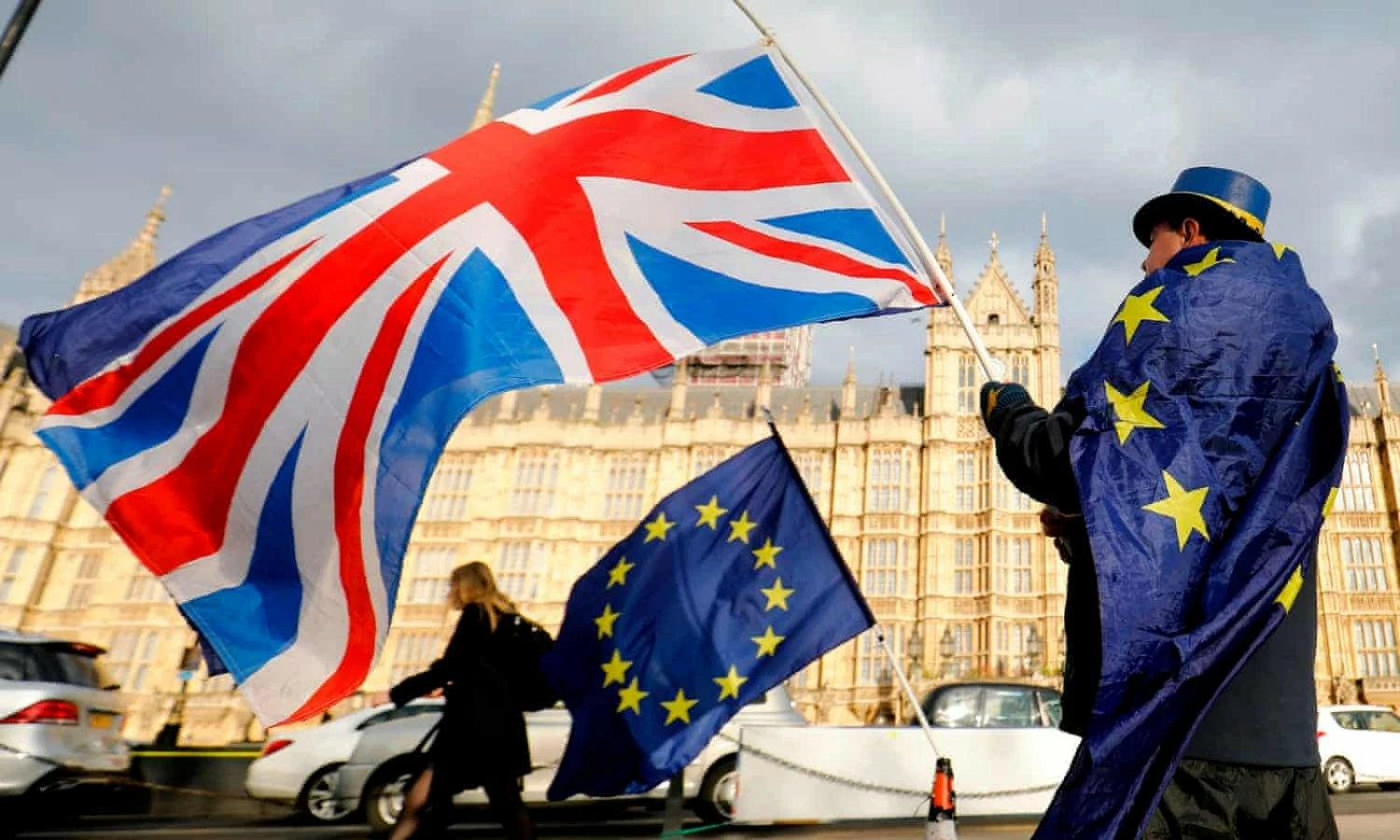
The six steps you should take to continue importing goods after Brexit
In 2018, £14bn worth of goods were imported into the North East.
If you are one of the businesses that rely on imports, you need to follow these steps to ensure you’re prepared for Brexit - come January 31.
Below is a list of what you need to do now to make sure you’re able to receive goods from the EU, and if the UK leaves the EU without a deal.
-
Make sure your business has an EORI number that starts with GB. You’ll need an Economic Operator Registration and Identification (EORI) number starting with GB to continue importing goods.
-
Decide who will make the import declarations. You can hire someone to deal with customs for you, or you can do it yourself.
-
Apply to make importing easier. You can apply to use ‘transitional simplified procedures’ to reduce the amount of information you need to give at the border.
-
Set up a duty deferment account if you import regularly, and if you want to be able to make one payment of customs duties a month instead of paying for individual shipments. You must set one up if you plan to use transitional simplified procedures.
-
Check the rate of tax and the duty you’ll need to pay. You’ll need to pay customs duties and VAT on all imports. You will also need to pay excise duties if you’re importing alcohol, tobacco or biofuels.
-
Check if you need a licence or certificate for the type of goods you import.
For more information, visit the North East Growth Hub’s Brexit Toolkit.
This was posted in Bdaily's Members' News section by North East Growth Hub .
Enjoy the read? Get Bdaily delivered.
Sign up to receive our daily bulletin, sent to your inbox, for free.








 Raising the bar to boost North East growth
Raising the bar to boost North East growth
 Navigating the messy middle of business growth
Navigating the messy middle of business growth
 We must make it easier to hire young people
We must make it easier to hire young people
 Why community-based care is key to NHS' future
Why community-based care is key to NHS' future
 Culture, confidence and creativity in the North East
Culture, confidence and creativity in the North East
 Putting in the groundwork to boost skills
Putting in the groundwork to boost skills
 £100,000 milestone drives forward STEM work
£100,000 milestone drives forward STEM work
 Restoring confidence for the economic road ahead
Restoring confidence for the economic road ahead
 Ready to scale? Buy-and-build offers opportunity
Ready to scale? Buy-and-build offers opportunity
 When will our regional economy grow?
When will our regional economy grow?
 Creating a thriving North East construction sector
Creating a thriving North East construction sector
 Why investors are still backing the North East
Why investors are still backing the North East